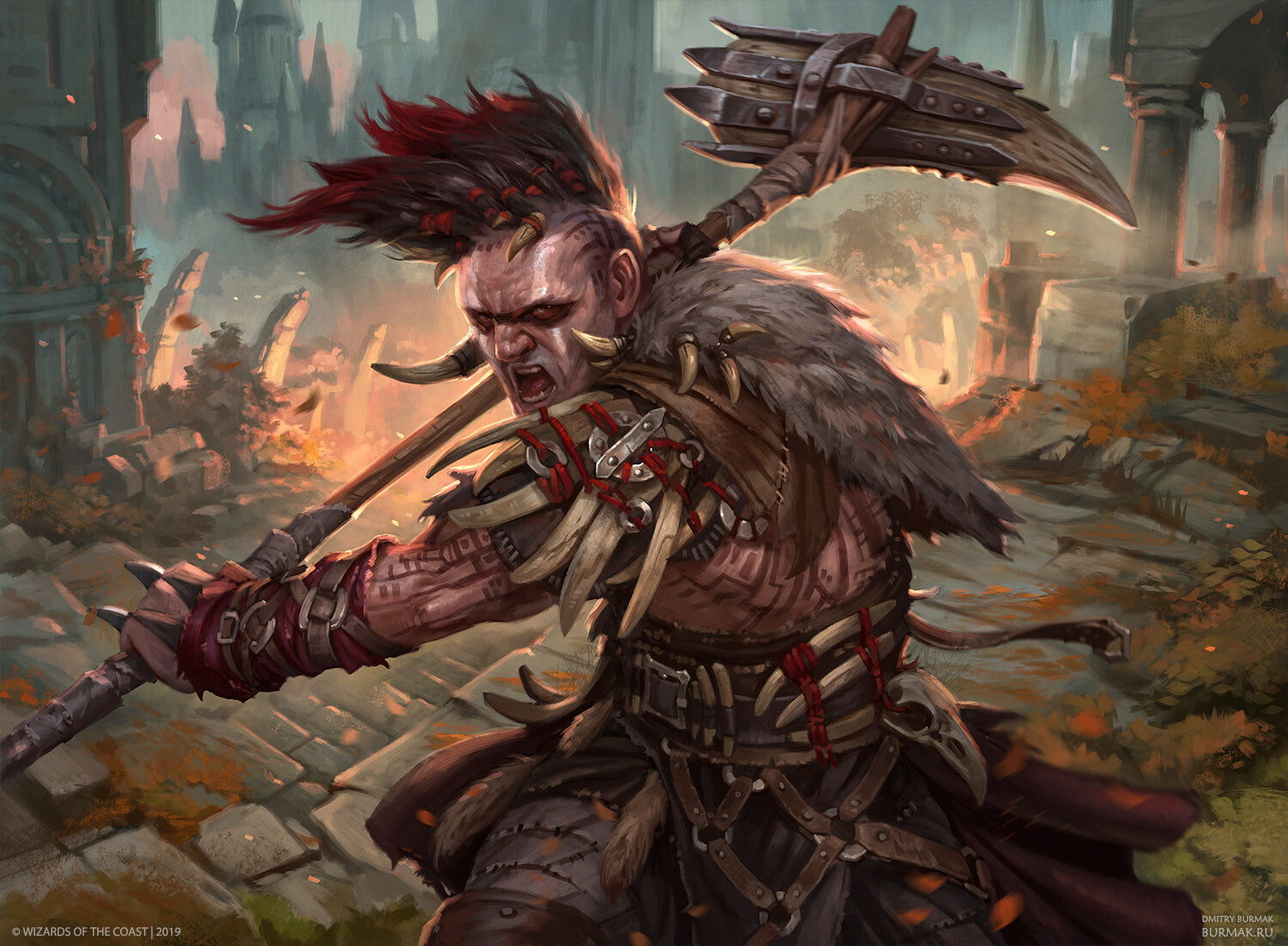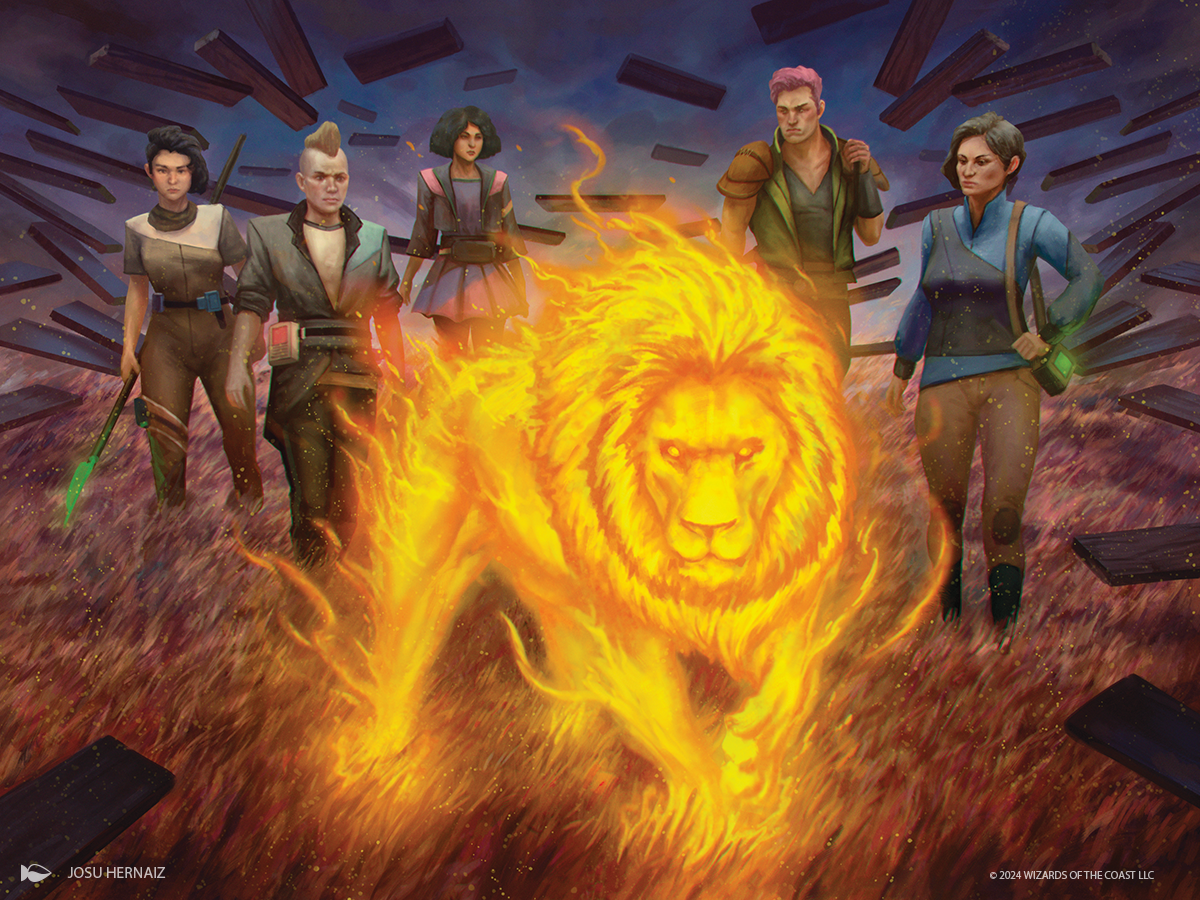
In Magic: The Gathering (MTG), each color represents a specific philosophy, which directly influences its strategies and playstyles. Blue and Black, two of the most iconic colors, exhibit distinct yet complementary approaches to gameplay.
Continue reading




